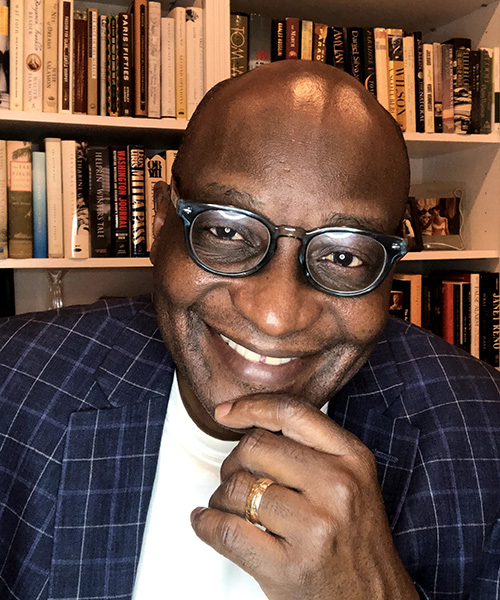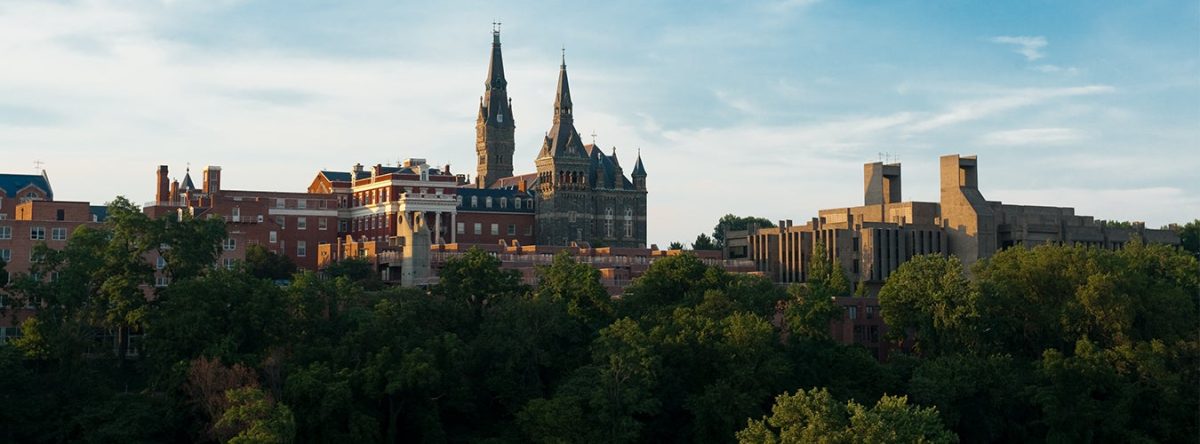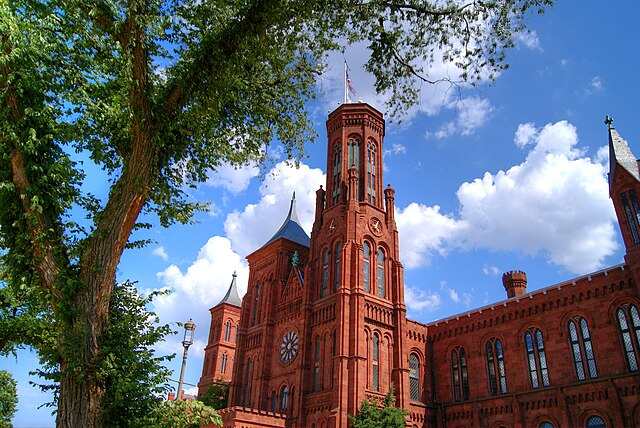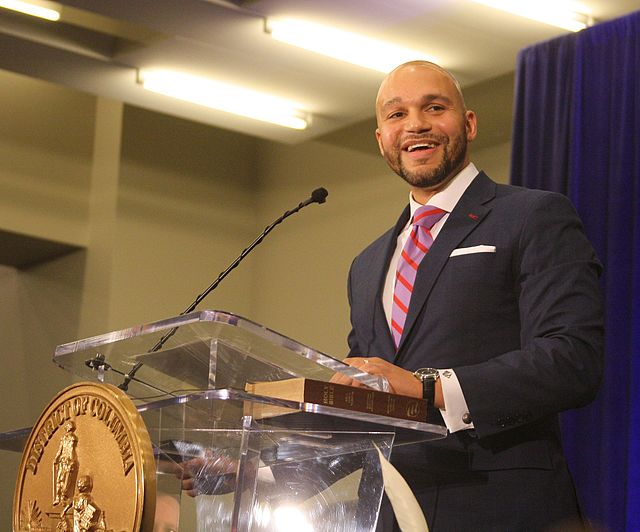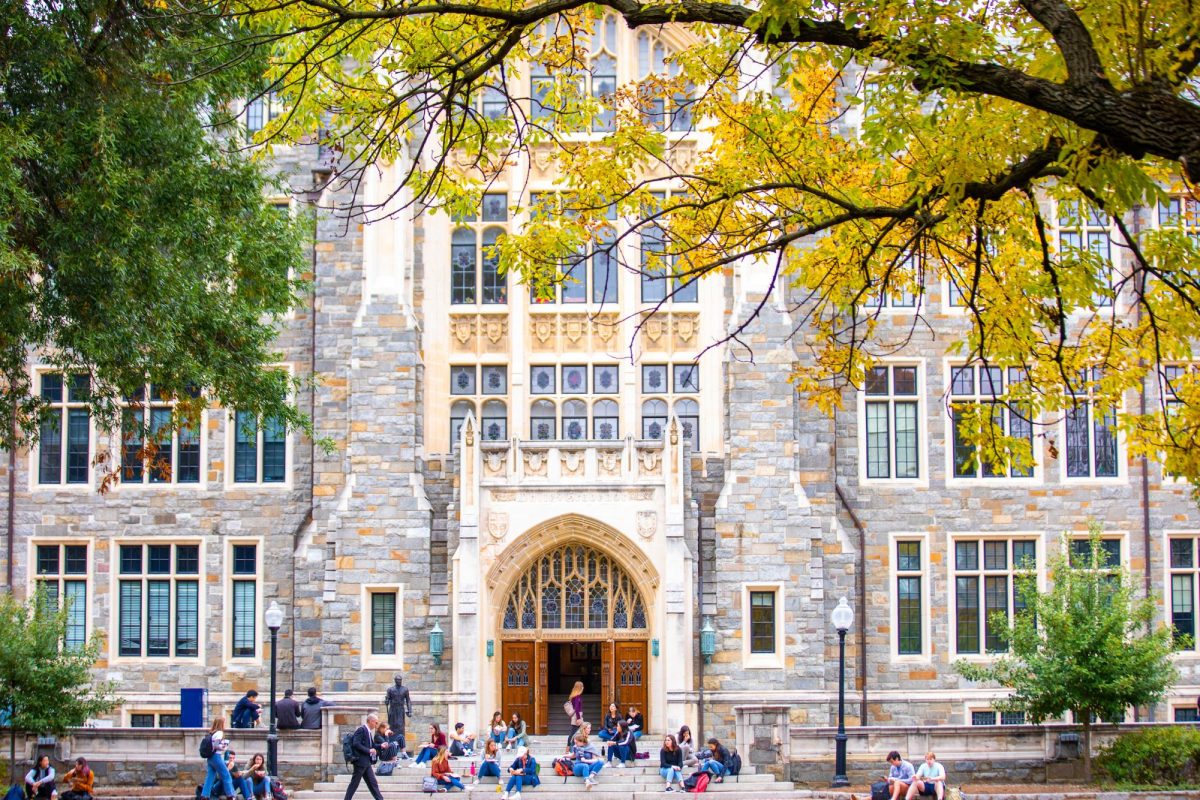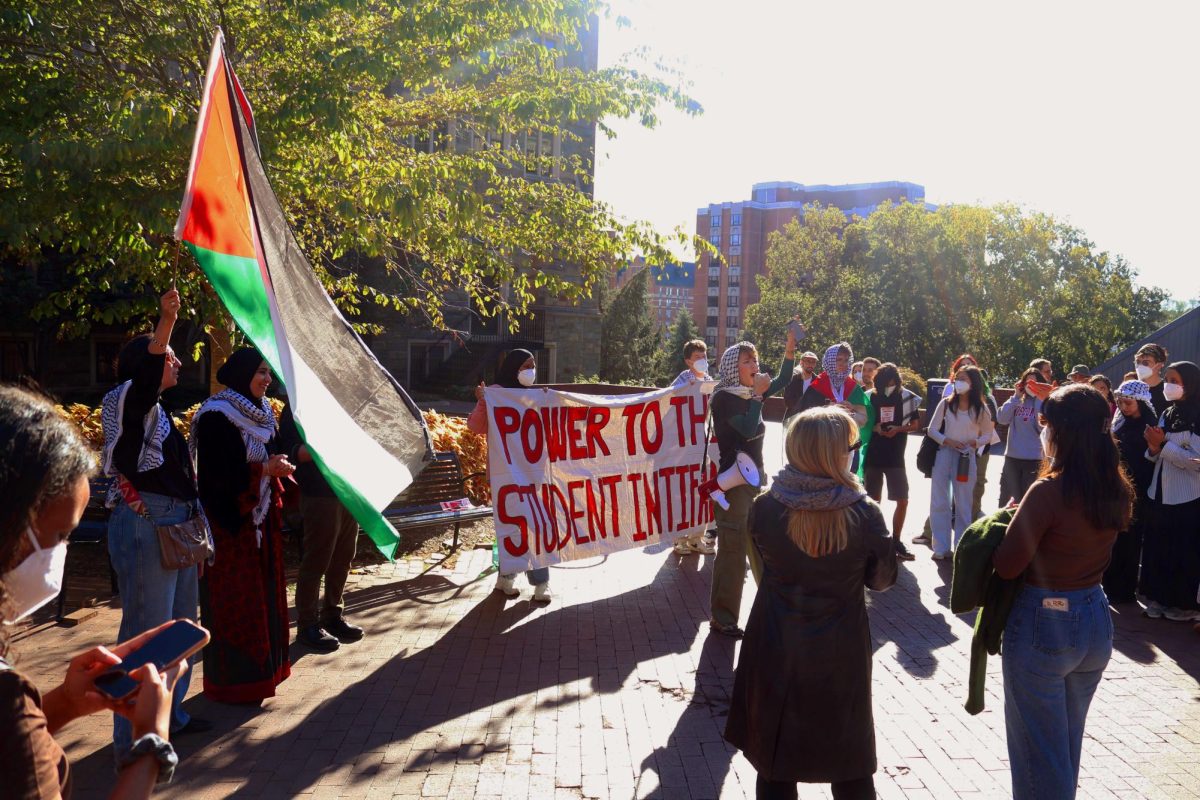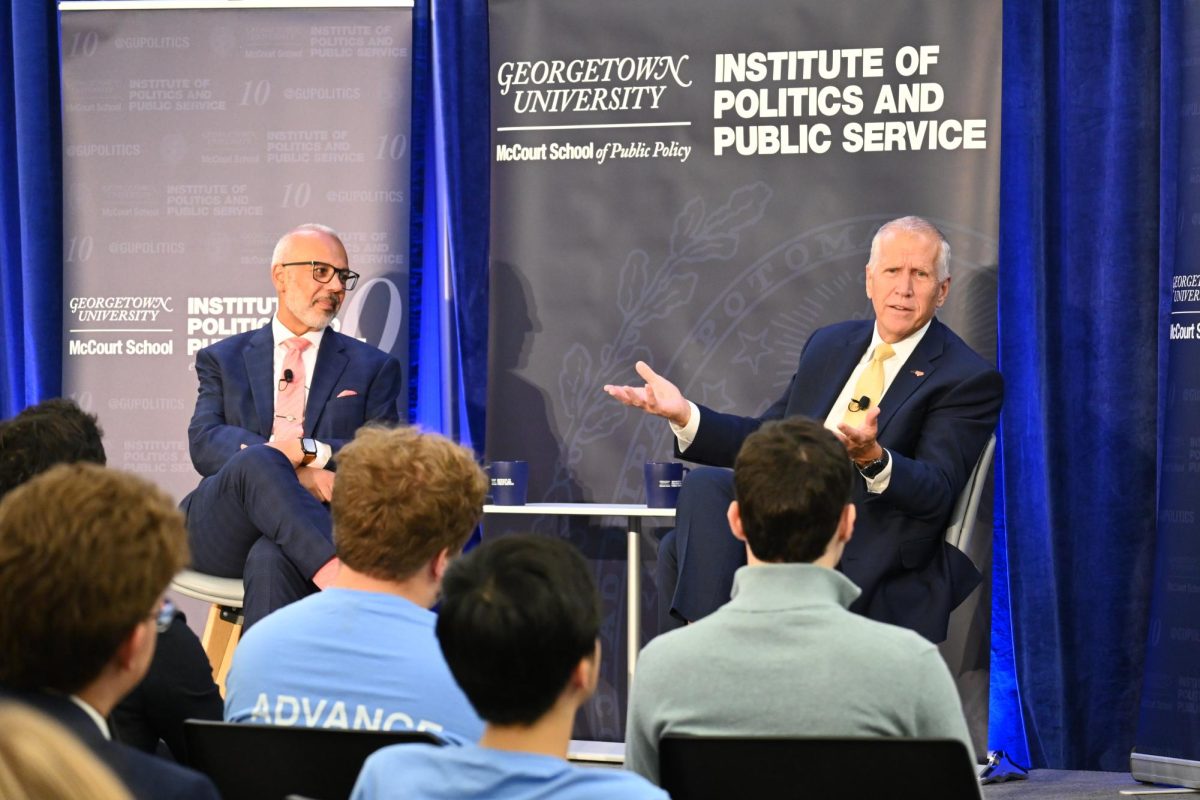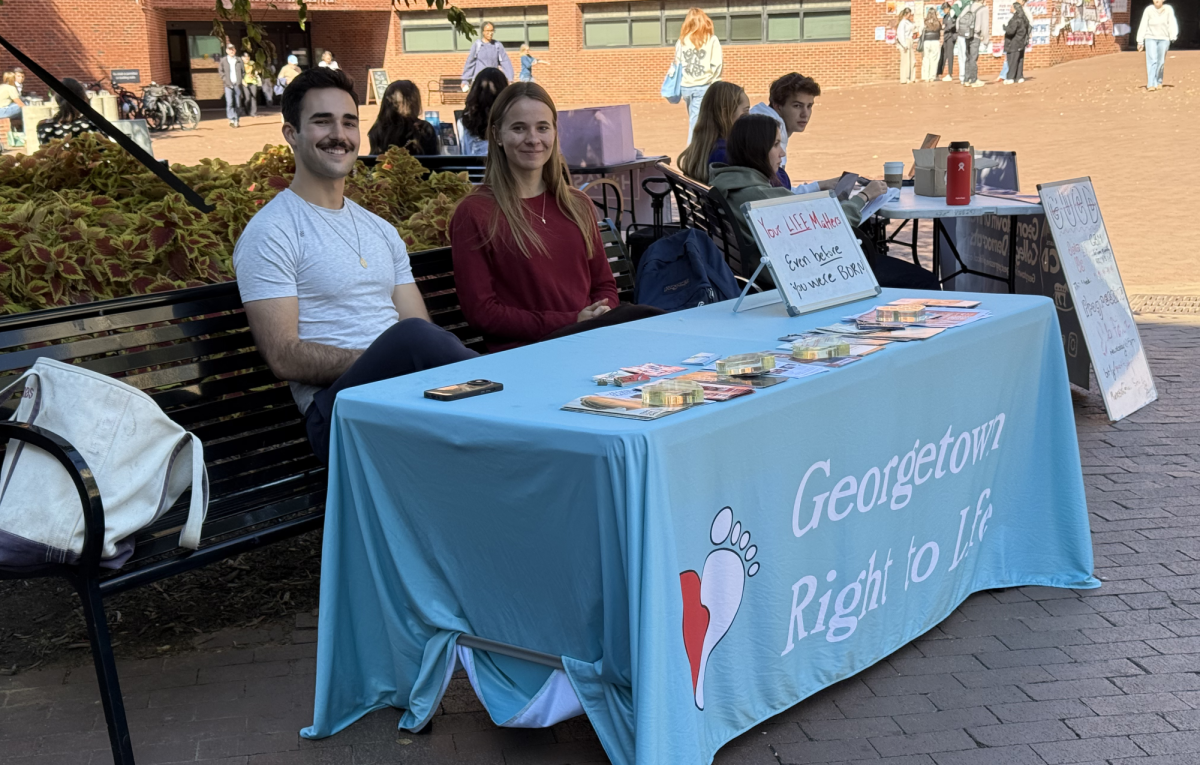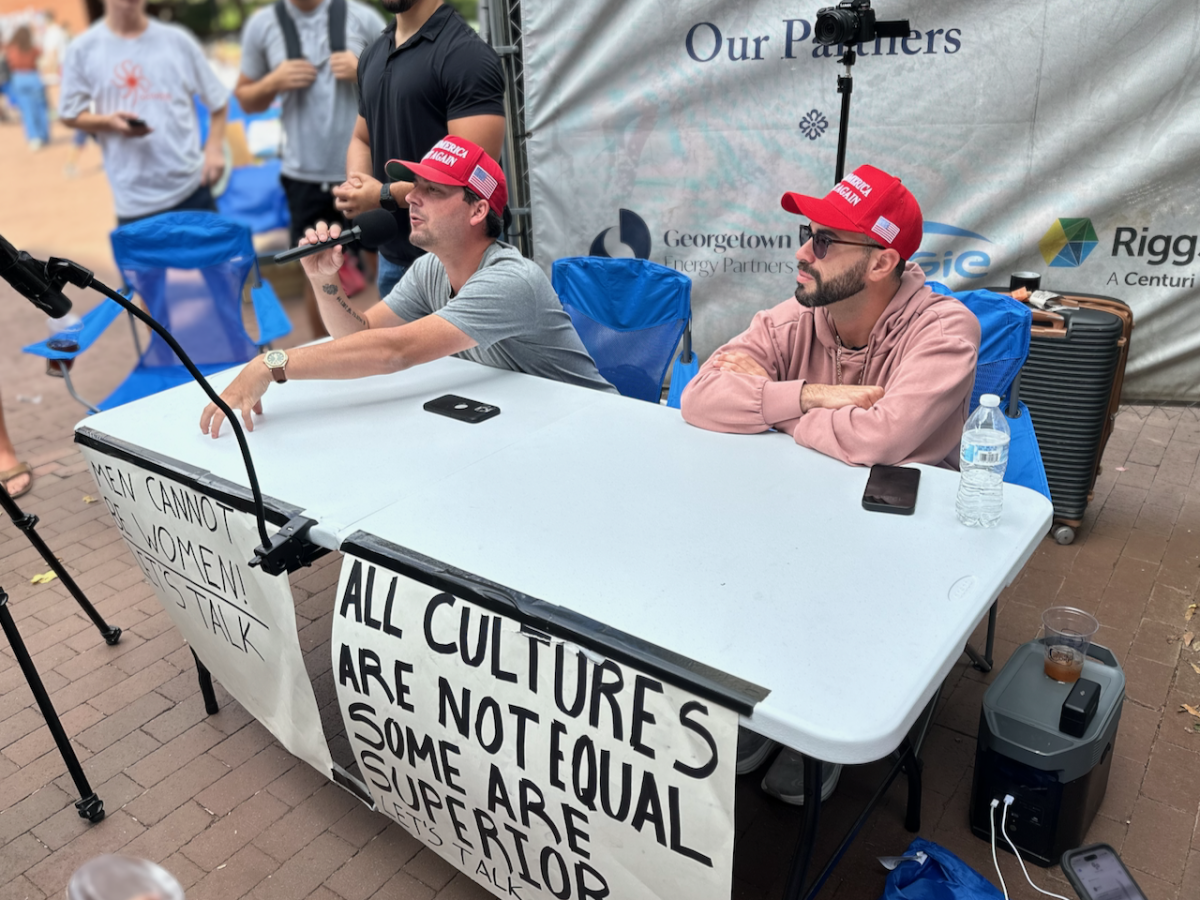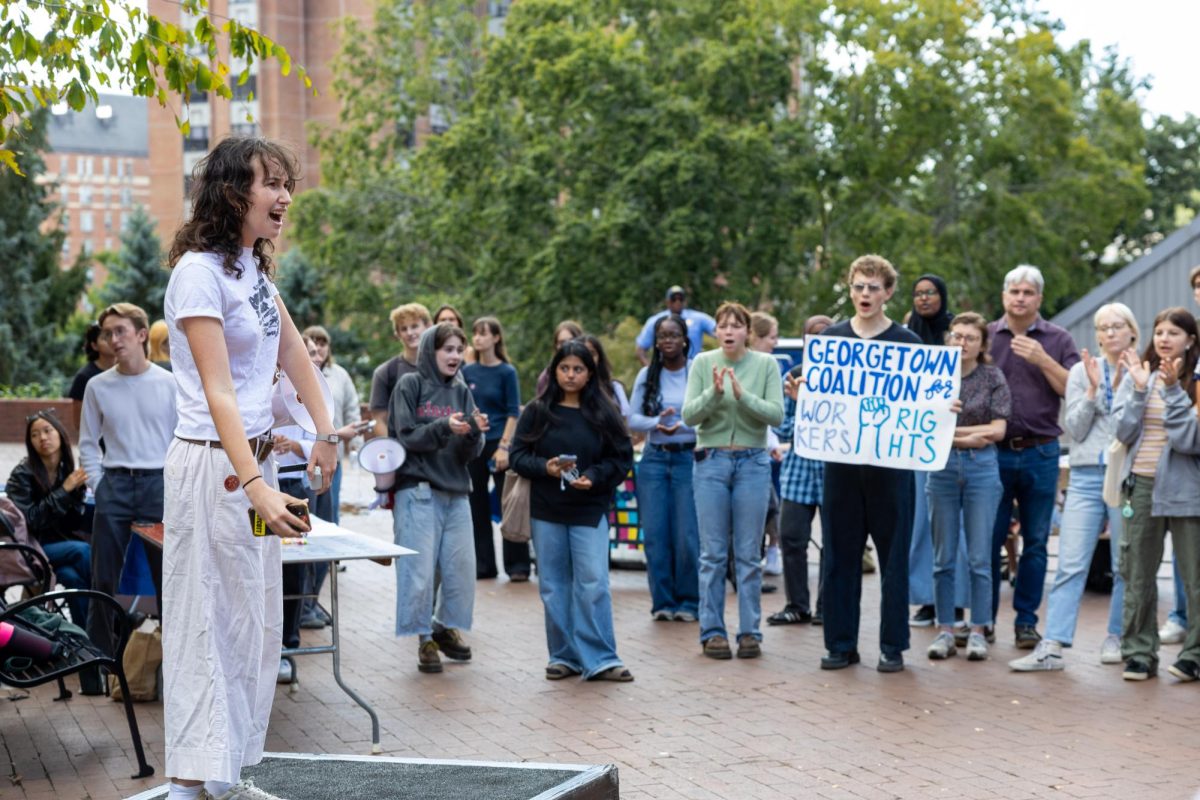Since February, Georgetown University has removed or changed diversity, equity and inclusion (DEI) language on several university webpages.
While most of the university’s DEI webpages remain unchanged, an analysis by The Hoya found multiple altered pages on the sites of affinity houses, university centers and schools — including the School of Foreign Service (SFS), Georgetown University Medical Center (GUMC) and McDonough School of Business (MSB). The changes include removing the phrase “DEI,” erasing references to specific groups such as Black, queer or Latinx students and taking down DEI-related websites entirely.

Among the unchanged websites are multiple pages on the sites of the College of Arts & Sciences, Berkley School of Nursing, School of Health and Georgetown Athletics, among others.
The changes come seven months after a February order from the Department of Education directed schools receiving federal funding to end diversity initiatives or risk losing their funding. Since then, multiple leading universities, including two of Georgetown’s peer schools, Columbia University and the University of Pennsylvania, have removed DEI-related language from many university pages.
Throughout his second term, President Donald Trump has pushed back on diversity initiatives. He ended federal DEI programs in January, describing them as “illegal and immoral discrimination.” Since then, the government has taken down DEI-related language from its websites and threatened to sue private companies which maintain DEI policies — leading hundreds of major companies to scale back or end those policies.
Georgetown itself has come under fire for its diversity policies: in March, Ed Martin, a Trump-aligned lawyer then serving as Washington, D.C.’s top federal prosecutor, warned Georgetown University Law Center (GULC) leadership that his office would not hire GULC students unless the university ended its DEI curriculum. The university rejected Martin’s warning.
A university spokesperson said Georgetown is committed to its Jesuit value of diversity.
“Georgetown is not moving away from its Catholic and Jesuit mission, which states that ‘…the university was founded on the principle that serious and sustained discourse among people of different faiths, cultures, and beliefs promotes intellectual, ethical and spiritual understanding,’” the spokesperson wrote to The Hoya. “‘We embody this principle in the diversity of our students, faculty and staff, our commitment to justice and the common good, our intellectual openness and our international character.’”
“The Jesuit values demand that Georgetown maintain a faculty, staff, and student population that values variation in all attributes relevant to human knowledge,” the spokesperson added.
Affinity Houses and LGBTQ Resource Center
On Feb. 24, The Hoya archived over 70 DEI-related university sites on the web archiving site archive.today, which takes and preserves snapshots of websites. Comparing snapshots of previous and current versions of university websites allows changes made since February to become visible.
This analysis found that since February, the LGBTQ Resource Center and affinity houses have removed language from their mission statements to no longer reference “the queer community” or “students of color.”
The LGBTQ Resource Center edited a passage from its previous mission statement, “The LGBTQ Resource Center supports the queer community at Georgetown through resources, outreach, advocacy, and programming,” to remove the words “the queer community.”
The affinity houses Black House and La Casa Latina, housed under the Center for Multicultural Equity and Access (CMEA), have also edited passages from their mission statements. As of February, Black House’s mission statement described its purpose as “to assess and meet the needs of students of color by implementing programs, events, and dialogue in a community-centered space. Fostering community for students of color.”
The words “students of color” are no longer in its mission statement: “To assess and foster community for students by implementing programs, events, and dialogue in a community-centered space.”
La Casa Latina’s mission statement now describes the house as providing space where “Latinxs and their friends and allies can share their narratives, access resources integral to success on the Hilltop, and engage in vital discussions,” with the words “and their friends and allies” added since February.
CMEA, La Casa Latina and the Black House did not respond to specific requests for comment.
Darius Wagner (CAS ’27), vice president of Georgetown’s student government, the Georgetown University Student Association (GUSA), said GUSA opposes the decision to remove DEI language.
“The recent federal actions targeting DEI originating from the Trump Administration are direct attacks on vulnerable communities within our campus and ultimately weaken Georgetown’s ability to fulfill its Jesuit mission,” Wagner wrote to The Hoya. “Georgetown has a responsibility to safeguard its students and uphold its core values, rather than yield to political pressure from the federal government.”
University Schools
Three university schools have taken down or edited DEI-related pages.
GUMC removed a DEI resource list from the Lombardi Comprehensive Cancer Center’s website, while the MSB removed a page outlining “The 7Cs of DEI.” Both pages now direct to error pages.
The SFS, which recently redesigned its website, modified three of its DEI webpages. Pages titled “Diversity, Equity & Inclusion,” “About DEI” and “DEI Resources” now redirect to “Community in Diversity,” one of Georgetown’s Jesuit values.
Though much of the text from the February “Diversity, Equity & Inclusion” page remains present on the new “Community in Diversity” page, the new page, unlike past versions, explicitly describes diversity efforts as linked to the university’s Jesuit values.
“These principles shape our efforts to create a learning environment where every member of our community is respected, supported and empowered to contribute,” the new page reads.
On the February “DEI Resources” page, the SFS listed links to on- and off-campus resources, linking directly to a Center for Social Justice (CSJ) statement on Black Lives Matter, Counseling and Psychiatric Services (CAPS) support groups for LGBTQ+ students and students of color and Office of Student Equity and Inclusion (OSEI) resources for Black students, faculty and staff.
Now, the SFS lists resources on a page called “Campus Resources for Community and Support,” available via the “Community and Diversity” page. The new list lacks links to the Black Lives Matter statement, support groups and OSEI resources.
The SFS and MSB did not respond to specific requests for comment. A GUMC spokesperson directed The Hoya to the university spokesperson’s statement.
Marium Ihsan (CAS ’28), GUSA’s director of diversity and community development, said the changes to resource lists could inhibit students from finding support.
“A lot of these organizations are there to provide students with additional support in terms of social identities, racial identities, gender identities,” Ihsan told The Hoya. “When you start filtering out your language, I think that’s a way of saying that we don’t really know how to provide for you or what the resources we can provide for you are.”
University Centers and Student Health
Other modified pages include those on the Student Health Services and CMEA sites.
CAPS’s current support groups page, located on the Student Health site, now explicitly states that all groups are open to every student, “regardless of race, national origin, sex, gender identity, sexual orientation, or any other characteristic protected under University policy.”
In Spring 2025, CAPS support groups included Mosaic, a “support space for Black Indigenous People of Color (BIPOC)-identifying students,” the Queer Support Space and Trans and Non-Binary Support Space, described as support spaces for queer and trans and non-binary students respectively, according to CAPS emails to students. CAPS had described Mosaic and Queer Support Space similarly since at least the Fall 2022 semester and the Trans and Non-Binary Support Space similarly since Fall 2023.
CAPS no longer offers Mosaic. Its current “Truth, Empowerment and Advocacy Support Group” aims to support students “whose experiences are shaped by their identity, culture and navigating spaces where they may be underrepresented.” The Trans and Non-Binary Support Space and Queer Support Space are now described as “designed to address issues of interest to” students identifying as trans, non-binary or queer.
The Student Health Center did not respond to a specific request for comment on Mosaic’s removal.
Despite these alterations, most of the DEI pages The Hoya archived remain unchanged. The McCourt School of Public Policy and GULC main diversity pages remain up, as do pages celebrating LGBTQ+, Native American, Black, Asian American and Hispanic heritage and culture.
Ihsan said the university community needs to prioritize diversity and inclusion regardless of whether those principles appear on university sites.
“Giving students on campus — especially marginalized groups, people of color, people who feel like they are threatened — the assurance and support that as a student body, we will collectively be there and stand up for them and with them as well, is really important,” Ihsan said. “We maintain the principle that we will still talk about and initiate those discussions and continue that dialogue.”
Ajani Stella and Nora Toscano contributed to reporting.





